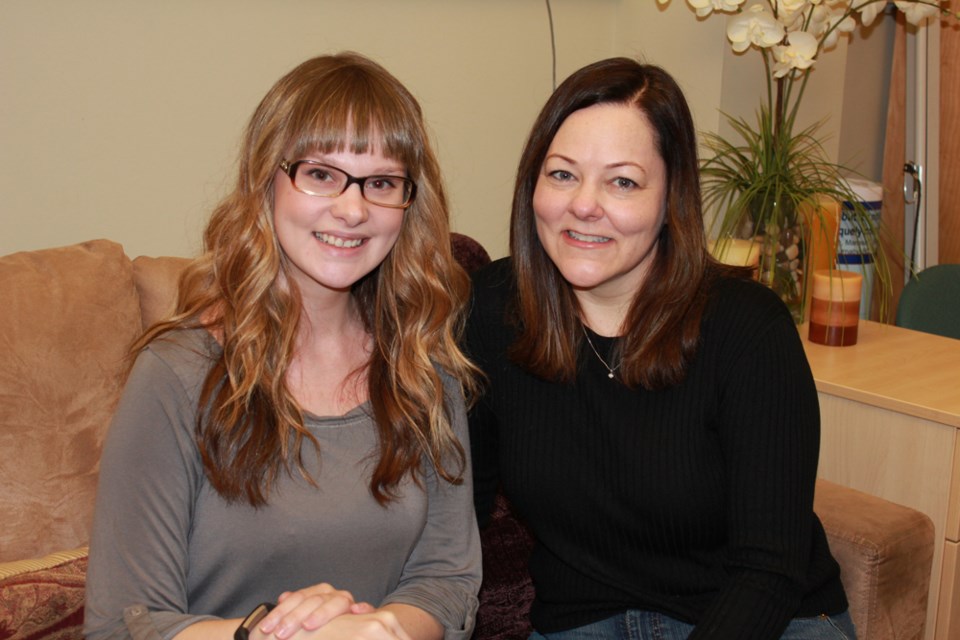An SFU psychology student wants to hear from 150 couples who are in a long distance relationship (LDR).
It’s all part of Brittany Lasanen’s honours thesis, which explores why some LDRs last and others don’t.
“I want to see what couples are doing while they’re apart and how that might be related to relationship qualities, such as satisfaction with the relationship,” she told the NOW.
The idea for the study came from personal experience. In 2016, Lasanen was separated from partner Jakub Mscichowski for seven months while he was away in Taiwan studying Mandarin. There was a 16-hour time difference and 9,700 kilometres between them.
“That really made me think of, ‘Well how do long distance relationships go? How successful are they? Is this going to be something good for our relationship? Is it going to be something bad for our relationship?’” said Lasanen. “That’s when I wanted to turn to the psychology literature to see what studies and research says about LDRs.”
The 25-year-old said she was quite surprised to find that people who choose to go the distance are “pretty comparable” to geographically close relationships.
She described her own long distance stint as a positive one and found when Mscichowski was abroad, she, too, also grew as a person from hearing about his adventures and new experiences.
“I really wonder if sharing these experiences with a partner can help couples feel closer while they’re apart, and whether that can sort of bridge the distance,” said Lasanen.
Psychology professor Rebecca Cobb told the NOW she was very interested to learn more after hearing Lasanen’s thesis pitch.
“The idea by growing yourself and sharing that information with a partner, the more that they feel connected to you, the more that they feel like they’re a part of you, then one partner’s growth can actually become the other partner’s growth. The partner who might be staying at home can actually benefit by vicariously growing themselves,” she said.
On the flip side, Cobb and Lasanen both understand going the distance could backfire.
“If a person is more jealous or more concerned about their partner’s love and affection, if they’re more worried about that partner not wanting to be with them, then those feelings might actually make hearing about all of these exciting new things someone is doing, it might actually make the person feel worse,” said Cobb.
As part of her thesis, Lasanen plans to develop tools to help long distance couples.
Anyone interested in being part of the study is asked to email [email protected]. Participants must be 19 years or older, fluent in English and geographically separated from their romantic partner. The online survey is about 30 minutes long. Folks who participate are entered into a draw to win a $100 prize or one of two $50 prizes.



